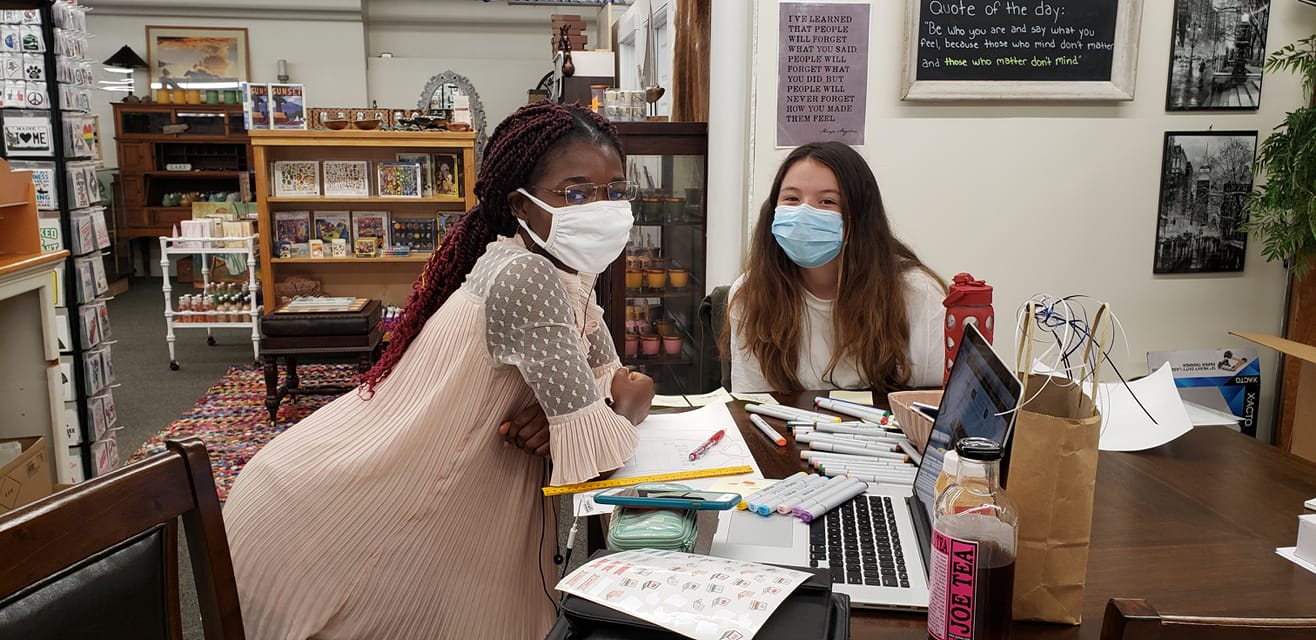
FARMINGTON – A pilot program initiated by the Center for Entrepreneurial Studies aims to address issues of homelessness in the region; the program was recently awarded a $20,000 Affordable Housing Challenge Grant to help kick off the initiative.
The grant was made possible through the LEAP Explosion Fund which is organized by the United Way of the Tri-Valley Area. A small committee of community members have overseen the grant process, including reviewing and selecting applicants. Grantees will be required to submit six-month reports to the committee.
“We are conscious that our support is just a small piece of this project, but we hope it helps to jump start the opportunities that CES can bring,” UWTVA Executive Director Lisa Laflin said.
The project, one of many that CES works on, is a proposed village of tiny houses that will provide shelter for homeless youth, veterans, elderly and single parents in the area. CES founder Bonita Lehigh said they plan to initially focus on homeless youth in the area, which falls in line with the non-profit’s motto of “by students for students”. CES was founded in 2018 by Lehigh and a group of students from her former Business Management class at Mt. Blue High School. Last summer, the cooperative opened a student-run storefront on Main Street where teens have the opportunity to learn business management firsthand, as well as test out entrepreneurial initiatives.
“We’ve just charged forward with this, with the hopes that people will see it and step up,” Lehigh said.
Lehigh has been working toward purchasing a parcel of land on Route 2 that could serve as the landing site for the tiny homes. Initially CES will purchase two tiny homes on wheels, that can house homeless teens. Once stable, the student would have the option of buying the tiny home, which would then allow CES to purchase another one. Along with shelter, CES would assist the student in setting up other crucial supports, such as mental health needs.
“For it to work, it has to attend to all of their needs. You can’t just drop a young person into housing and walk away,” Executive Director of New Beginnings Chris Bicknell said. “It could work. You just have to provide support of services.”
Tiny houses for the homeless is not an entirely new concept. Other organizations and municipalities across the country have created similar “villages” to help ease the alarming numbers of homeless people- according to US Dept. of Housing and Urban Development, 567,715 people are homeless on any given night, a 12 percent increase since 2007.
But some people see tiny house villages as a band aid to the real issue, and a demeaning band aid at that.
“…the tiny house villages we’re seeing today are the descendants of Depression-era shanty towns that sprung up in American cities….right now, tiny houses are the best thing that we can do for homeless people….even today, decades after the Depression, America still doesn’t think of housing as a human right,” Miles Howard writes.
Locally, in rural Maine, Lehigh describes the project as a “massive one” and one that will require community support and buy in.
“There needs to be more awareness of the issues plaguing these kids. We have an obligation, as a community, to take care of them,” she said.
Franklin County does not have a YMCA, or a Boys & Girls Club, Lehigh pointed out, and the area’s only homeless shelter was forced to close its doors this summer.
Lehigh is familiar with resistance to the project, and even to her personally, but naysayers aside, she said she’s determined to find the rest of the money for the project.
“We’ve gotten some validation now, and with this funding, we’re ready to fly. People are coming out of the woodwork to help,” she said.
For more information about CES and the Tiny House Project, contact Bonita Lehigh at bonitalehigh@cesmaine.com.




